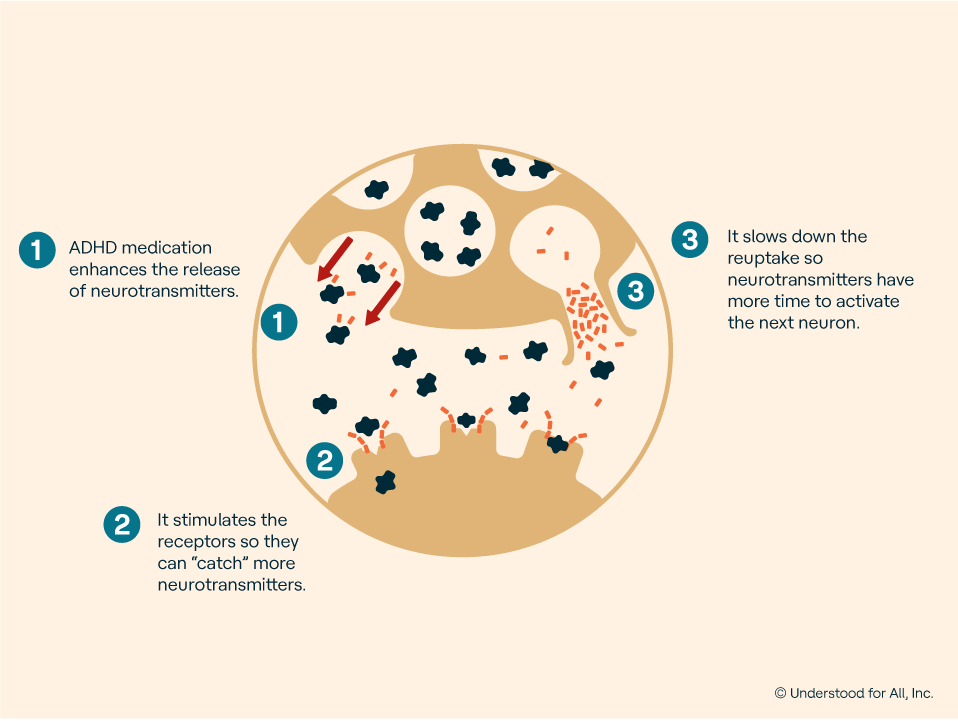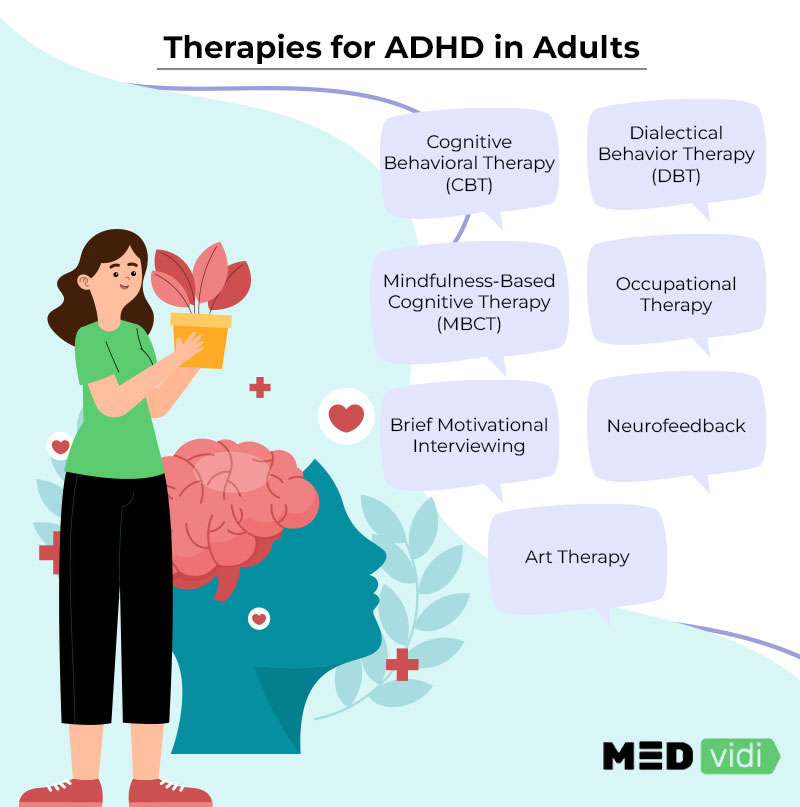Therapist for ADHD Professionals Offering Targeted Care
Therapist for ADHD Professionals Offering Targeted Care
Blog Article
Your Guide to Locating the Right ADHD Treatment for Lasting Outcomes
Browsing the complexities of ADHD therapy needs a nuanced understanding of both the disorder and the myriad choices available for efficient management. It is vital to acknowledge that what help one individual may not always yield the same outcomes for another. Thus, a customized approach-- incorporating professional support, medication, behavior strategies, and way of living modifications-- comes to be critical. Nevertheless, the journey toward identifying one of the most ideal treatment plan can be laden with difficulties. What are the essential variables that affect successful outcomes, and how can people guarantee they get on the ideal course?
Recognizing ADHD and Its Effect

In adults, ADHD can lead to difficulties in office atmospheres, affecting efficiency, time administration, and social connections. Usually, undiagnosed or poorly handled ADHD can add to co-occurring mental health problems, such as stress and anxiety and clinical depression, additional complicating a person's general well-being.
The social understanding of ADHD can vary, leading to preconception and misconception, which may hinder individuals from looking for assistance. As awareness expands, it is important to cultivate a setting that promotes understanding and assistance for those impacted by ADHD, emphasizing the requirement for accurate medical diagnosis and tailored methods to mitigate its influence on everyday life.
Introduction of Treatment Alternatives
An extensive method to dealing with ADHD encompasses a range of options customized to the person's one-of-a-kind requirements. These alternatives can broadly be categorized into behavioral interventions, psychoeducation, and way of life alterations, alongside pharmacological therapies that may be checked out later on.
Behavior interventions, such as cognitive-behavioral therapy (CBT), emphasis on customizing details behaviors and establishing coping strategies to handle signs and symptoms effectively. Psychoeducation plays a critical role in equipping both people and their family members by providing information regarding ADHD, its difficulties, and reliable approaches for support.
Lifestyle adjustments can significantly influence ADHD administration. Regular exercise, a well balanced diet plan, and adequate sleep add to overall wellness and symptom control. Mindfulness practices and relaxation techniques can also enhance emphasis and decrease impulsivity.
Support system and family therapy can foster a sense of community and understanding, helping people really feel less isolated in their experiences. Each therapy choice need to be considered together with the person's preferences and situations, making certain a holistic strategy that promotes long-term success. Ultimately, the objective is to create a personalized treatment plan that addresses the particular obstacles connected with ADHD while boosting general lifestyle.
Drug: Advantages And Disadvantages
Medication plays a pivotal function in the treatment of ADHD, with various options available that can substantially alleviate symptoms for many individuals. Energizers, such as methylphenidate and amphetamines, are commonly prescribed signs of depression and anxiety and have actually revealed efficiency in boosting emphasis, lowering impulsivity, and improving total behavior. These medications function by raising dopamine and norepinephrine levels in the mind, which are often dysregulated in those with ADHD.
Nonetheless, making use of drug is not without its challenges. Some individuals might experience adverse effects, consisting of sleep problems, lowered cravings, or enhanced anxiousness. Finding the ideal dose can be a trial-and-error process, calling for close surveillance by healthcare specialists. In addition, not all individuals react to stimulant medications, leading some to discover non-stimulant choices, which might have a delayed beginning of activity or different side effects.
It is essential for individuals and their families to weigh Discover More these advantages and disadvantages carefully. Stabilizing the advantages of sign management versus potential negative effects is critical for attaining optimal treatment results. Cooperation with healthcare service providers can facilitate informed choices, guaranteeing that medication is component of an extensive ADHD management strategy.
Behavioral Treatment Techniques

One generally utilized technique is Cognitive Behavior modification (CBT), which helps individuals recognize and alter unfavorable thought patterns that add to ADHD-related obstacles. Therapist for ADHD. Via CBT, customers learn to set reasonable objectives, take care of time successfully, and establish organizational systems
Another efficient technique is Parent Administration Training (PMT), which enlightens moms and dads on how to reinforce favorable youth and family counseling actions and minimize unfavorable ones through consistent self-control and communication approaches. This method promotes a helpful home environment that motivates behavioral enhancements.
Social abilities training is likewise indispensable, aiding individuals with ADHD browse social interactions better. Role-playing and modeling proper habits can boost social capability and lower anxiousness in social scenarios.
Way Of Living Adjustments for Better Management
Exactly how can lifestyle modifications considerably enhance the administration of ADHD symptoms? Executing critical way of life adjustments can result in significant enhancements in emphasis, organization, and psychological guideline for individuals with ADHD.
To start with, establishing a structured daily regimen aids in developing predictability, which can alleviate feelings of bewilder. Constant timetables for dishes, research, and sleep can boost day-to-day functioning.
Including regular physical activity is additionally critical, as exercise has actually been revealed to increase dopamine levels, boosting interest and motivation (Therapist for ADHD). Intending for at the very least thirty minutes of modest workout most days can be advantageous
Nutrition plays a crucial duty as well. A well balanced diet regimen abundant in omega-3 fats, entire grains, and healthy protein can sustain cognitive feature. Limiting processed sugars and high levels of caffeine might lower signs and symptoms, as these can lead to power crashes and irritability.
Final Thought
In final thought, locating the best ADHD treatment necessitates a multifaceted method that takes into consideration specific needs and choices. A mix of medicine, behavior therapy, and way of living alterations can considerably enhance sign management and total well-being. Taking part in psychoeducation and developing structured regimens better supports efficient therapy approaches. Partnership with medical care professionals and open communication with support networks are crucial parts in navigating the complexities of ADHD management, eventually bring about long-term outcomes and boosted quality of life.
Report this page